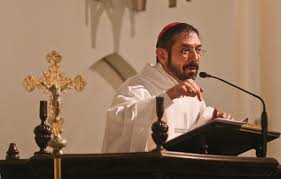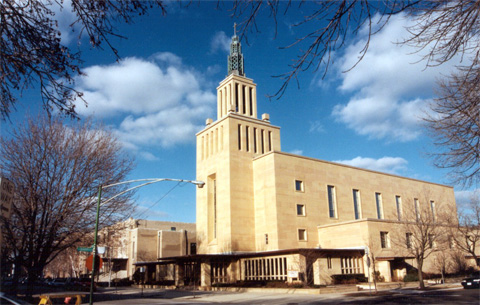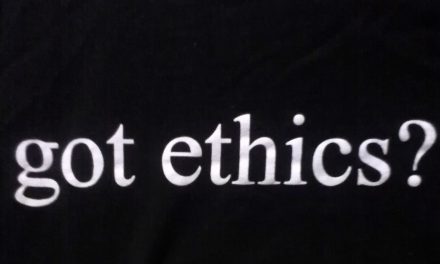I want to give a brief shout-out to Bishop Flores here. In an interview Bishop Flores of Brownsville, TX has with Charlie Camosy at CruxNow, the bishop emphasizes several points, especially coming from the Faithful Citizenship document that the USCCB publishes about voting and other ways of participating in our US democracy. Many of them will be familiar to longtime readers of this blog, since we have discussed them before – for example:
When all candidates hold a position that promotes an intrinsically evil act, the conscientious voter faces a dilemma. The voter may decide to take the extraordinary step of not voting for any candidate or, after careful deliberation, may decide to vote for the candidate deemed less likely to advance such a morally flawed position and more likely to pursue other authentic human goods. (38)
In previous election years, Catholics have especially wanted to emphasize the so-called non-negotiables: abortion, same-sex marriage, euthanasia, stem cell research, and human cloning.
I have long been concerned that naming non-negotiables in this kind of way is unhelpful. Abortion is killing of innocent life; it is evil. Yet its defeat is not the entire measure of whether Christians are living out the Gospel. In his interview, Bishop Flores clearly states proposed policies on deportation are “formal cooperation with an instrinsic evil – not unlike driving someone to an abortion clinic.”
Neither of the major candidates offer clear cut responses that make them proponents against the five presumed non-negotiables. In fact, they make their messages rather too simplistic for Catholic social teaching.
Catholic moral life is tough, especially because we are faced with tough decisions. This year is no exception.
As Bishop Flores says:
So, even as a Catholic finds the radical pro-abortion platform of the other party beyond reprehensible, there is no comfort for the conscience of a Catholic on the side of a radical program of mass deportation. Both positions are assaults on the dignity of life, and in the case of mass deportations, can be linked to no. 24 of Faithful Citizenship (FC), “treating the poor as disposable.” Overall, I think we have to look at nos. 35-38 of FCvery carefully. We should all read it and think about its implications between now and Election Day.
May we, in fact, do that.






Jana, I agree that non-negotiable moral tests of candidates is typically unhelpful.
As example, imagine that Donald Trump had a credible, firm, life long pro-life stance (of course he doesn’t). Would it make sense to vote for him if a likely outcome was that he would blunder his way in to some catastrophe that would cost more innocent lives than abortion? Single issue voters might keep in mind that one nuclear bomb can kill as many innocents in a moment as an entire year of abortions.
Non-negotiable moral tests undermine the credibility of those who take such stands, especially when frivolous issues like same sex marriage are lumped in with abortion and euthanasia.
I must admit I am puzzled as to why deportation is seen to be a high moral crime. Aren’t those being deported primarily citizens from other nations who have entered this country illegally? What is so wrong about requiring immigrants to follow the rules and stand in line like everyone else?
Surely we can make exceptions in emergency circumstances. If being poor on this planet is declared an emergency circumstance then critics should explain where in America they plan to house 5 billion people.